
195 BMCHS Doctors Named Top Doctors by Boston Magazine
Latest News at BMC
Boston Medical Center Earns ‘A’ Safety Grade from The Leapfrog Group
Landmark Gift Endows Chief Executive Officer Chair at Boston Medical Center Health System
World Stroke Day: Simple Habits for a Healthier Heart and Brain
Working Together to Fight Prostate Cancer
Heading Back to School with a Healthy Start
Boston Medical Center Health System Announces New Leadership Appointments and Expanded Roles to Support Integrated System Vision
Grayken Center for Addiction at Boston Medical Center Hosts Second Annual Conference to Advance Care and Support for People Living with Substance Use Disorder
Public Announcement Concerning a Proposed Health Care Project
 en
en 

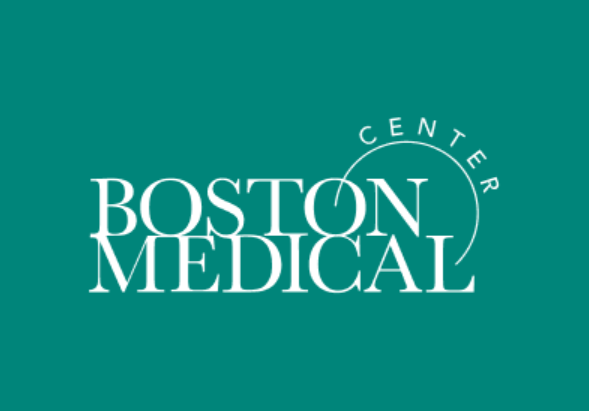
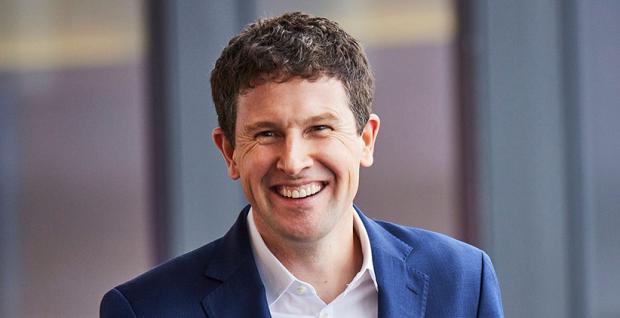
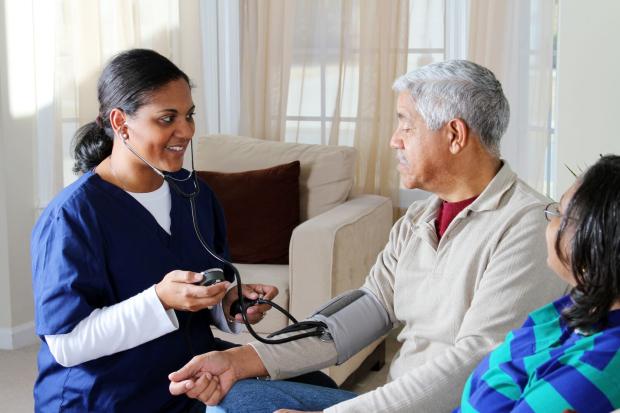
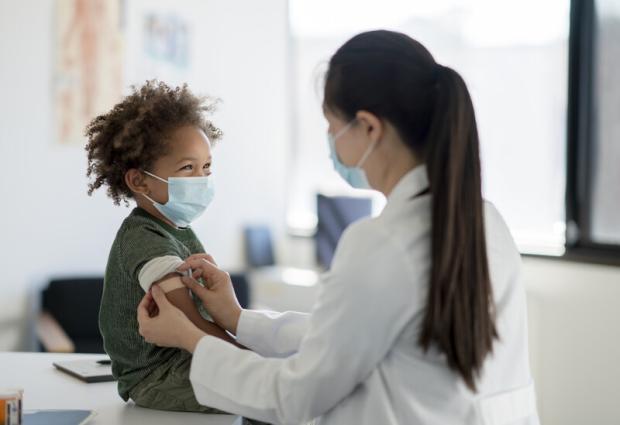


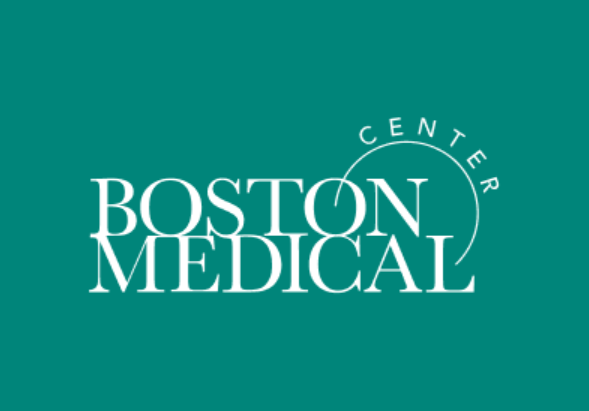
 Français
Français Deutsch
Deutsch Italiano
Italiano Español
Español Tiếng Việt
Tiếng Việt Kreyol ayisyen
Kreyol ayisyen